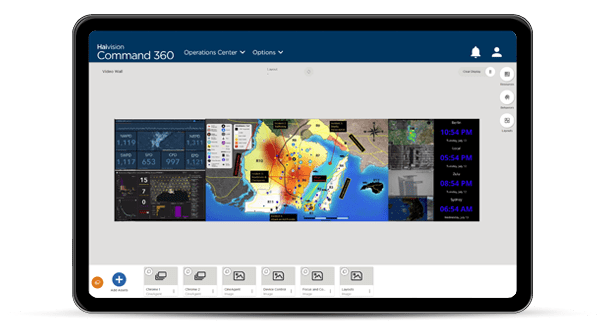With Smart City Operations Centers popping up all over the country, the future has never felt closer. We may not have entire metropolises running on smart devices yet, but real-world testing environments are helping to pave the way. To get to that future, companies need to see how their smart products perform in realistic conditions. A controlled testing environment can only go so far. To fully realize the capabilities and limits of this future technology, companies need real-world testing. This is where facilities like the Curiosity Lab in Peachtree Corners, Georgia come in.
The Curiosity Lab is one of several Smart City initiatives designed to function as fully operating cities. Within their borders are restaurants, hotels, homes, businesses, and recreational facilities. They also host an impressive range of technology that provides companies with the proper landscape for testing. For example, the Curiosity Lab has a supplied 5G network for linking all devices in the area along with a 1.5-mile test road complete with sensors and tracking strips. Companies come into the Curiosity Lab operations center to test smart vehicles such as autonomous buses, cars, and scooters. While onsite, they can easily track and monitor the performance of their vehicles while the people living and working on the campus use them for daily transport.
With cameras, sensors, and tracking devices constantly feeding data and analytics back to researchers, Smart City groups need visualization systems to make sense of everything. The Curiosity Lab hosts a collaborative working room where researchers can easily access and organize camera feeds and analytics. The right visualization system for a Smart City test facility needs to have powerful processors capable of handling potentially hundreds of camera feeds along with content management software that’s as easy to use. This is especially important since control of the working space and visualization system can transfer between visiting companies on an almost weekly, if not daily, basis. With a solution in place that’s designed to be handled by the technical and non-technical alike, the hosted companies can get the work they need completed without requiring IT resources to get the job done.
With a visualization system such as the kind developed and supported by Haivision in place, any tech startup, university, or large company can utilize the testing grounds and benefits of these Smart City environments as we all work toward a better future.
